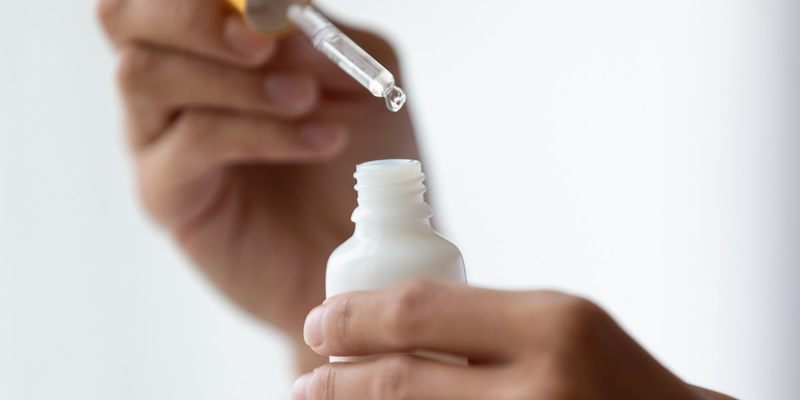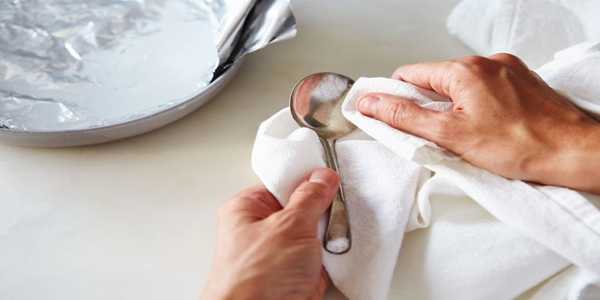What Does Hyaluronic Acid Do For Your Skin?
Hyaluronic acid (HA) has recently established itself as a standout ingredient in the skincare industry. Its remarkable capacity to retain moisture has captivated beauty enthusiasts and skincare professionals, cementing its place as a fundamental component in serums, moisturizers, and even makeup.
Understanding Hyaluronic Acid

Hyaluronic acid (HA) is a naturally occurring substance in the human body. It is categorized as a glycosaminoglycan and is a fundamental component of connective tissues. Its chemical structure comprises repeated disaccharide units, primarily glucuronic acid and N-acetylglucosamine. This distinctive configuration enables HA to retain moisture effectively, making skin hydration and elasticity essential.
Within human skin, hyaluronic acid fulfills a critical function in moisture retention. Astonishingly, it can hold up to 1,000 times its weight in water, which plays a key role in sustaining skin hydration. Research indicates a significant decline in skin levels of hyaluronic acid with age, leading to dryness and wrinkle formation. Studies show that hyaluronic acid levels can decrease by about 50% between 20 and 40, underscoring its significance in sustaining youthful skin. Its powerful moisture-binding capacity is why HA is a preferred ingredient in numerous skincare formulations, making it essential for individuals aiming to improve their skin health and appearance.
The Hydration Power of Hyaluronic Acid
Hyaluronic Acid (HA) is revered for its superior hydration capabilities. It functions as a powerful humectant that attracts moisture to the skin. This distinctive quality assists in safeguarding the skin's moisture barrier, ensuring it remains well-hydrated and vibrant. With the ability to retain 1,000 times its weight in water, HA provides an instantaneous hydration boost, a necessity for anyone aiming for a glowing complexion. A well-hydrated skin barrier feels softer and effectively combats environmental stressors, reducing the risk of irritation and dryness.
Anti-Aging Benefits of Hyaluronic Acid
HA diminishes the visibility of fine lines and wrinkles among its many celebrated features. As skin ages, it loses moisture, resulting in diminished elasticity and firmness. HA helps restore skin volume and smooth out rough textures by providing deep hydration, becoming indispensable in anti-aging skincare. Regular application can lead to visibly plumper skin, effectively reducing signs of aging and fostering a more youthful appearance.
Skin Healing and Recovery with Hyaluronic Acid

In addition to its hydration functions, HA is crucial for skin healing and recovery. Whether addressing minor cuts, skin irritations, or post-procedural recovery, products infused with HA can significantly enhance the healing timeline. Its anti-inflammatory characteristics also aid in calming irritated skin, making it particularly beneficial for those suffering from sunburns or breakouts.
Universal Compatibility of Hyaluronic Acid
Another of its significant advantages is Hyaluronic Acid's compatibility across diverse skin types, including sensitive skin. Generally regarded as non-irritating and safe for all skin types, HA is perfect for individuals eager to elevate their skincare routine without fearing adverse reactions. This universal appeal has led to HA's presence in countless skincare formulations, enabling everyone to benefit from its potent hydrating and soothing attributes.
Incorporating Hyaluronic Acid into Skincare Routines
Hyaluronic Acid (HA) takes many forms in skincare, including serums, creams, and injectable fillers. Serums usually have a higher HA concentration, providing intensive hydration directly to the skin. Creams commonly combine HA with additional moisturizing agents, making them suitable for daily application on normal to dry skin. For those desiring immediate plumping effects, fillers that contain HA can enhance facial contours and smooth out fine lines, creating a more voluminous appearance.
Incorporating HA into one's skincare routine is straightforward. Begin with a hydrating serum applied post-cleansing. Ensure the application occurs on slightly damp skin to maximize moisture retention, followed by a moisturizer to seal the hydration. It's beneficial to use HA both morning and night to achieve optimal hydration.
For specific skin types, recommendations include Neutrogena's Hydro Boost Water Gel for oily skin due to its lightweight formulation. At the same time, Clinique's Moisture Surge is ideal for dry skin with a richer texture. Individuals interested in fillers should consult with professionals to explore options like Juvéderm, which contains various HA concentrations tailored to specific skin needs.
You can markedly enhance your skin's hydration and overall health by selecting appropriate HA products and effectively incorporating them into your skincare regimen.
Potential Side Effects or Considerations

Hyaluronic acid (HA) is generally considered safe and well-tolerated, though it can occasionally elicit minor reactions such as redness, itching, or swelling, especially among those with sensitive skin. Allergic reactions are rare but possible, so conducting patch tests when trying new products is essential. Common misconceptions about HA suggest it is exclusive to aging skin but is suitable for all skin types. Some people mistakenly believe HA leads to overhydration or skin dependency, which is inaccurate; HA's role is to assist in moisture retention. Understanding these subtleties can greatly enhance your experience with HA in your skincare routine.
Embrace the Transformative Power of Hyaluronic Acid
To summarize, hyaluronic acid is an essential ingredient in contemporary skincare, celebrated for its unparalleled ability to retain moisture and maintain skin plumpness. Throughout this discussion, we explored its extensive benefits, including enhanced skin elasticity, reduced appearance of fine lines, and improved overall radiance. Regularly incorporating HA serums or moisturizers can dramatically boost skin hydration and health.




















